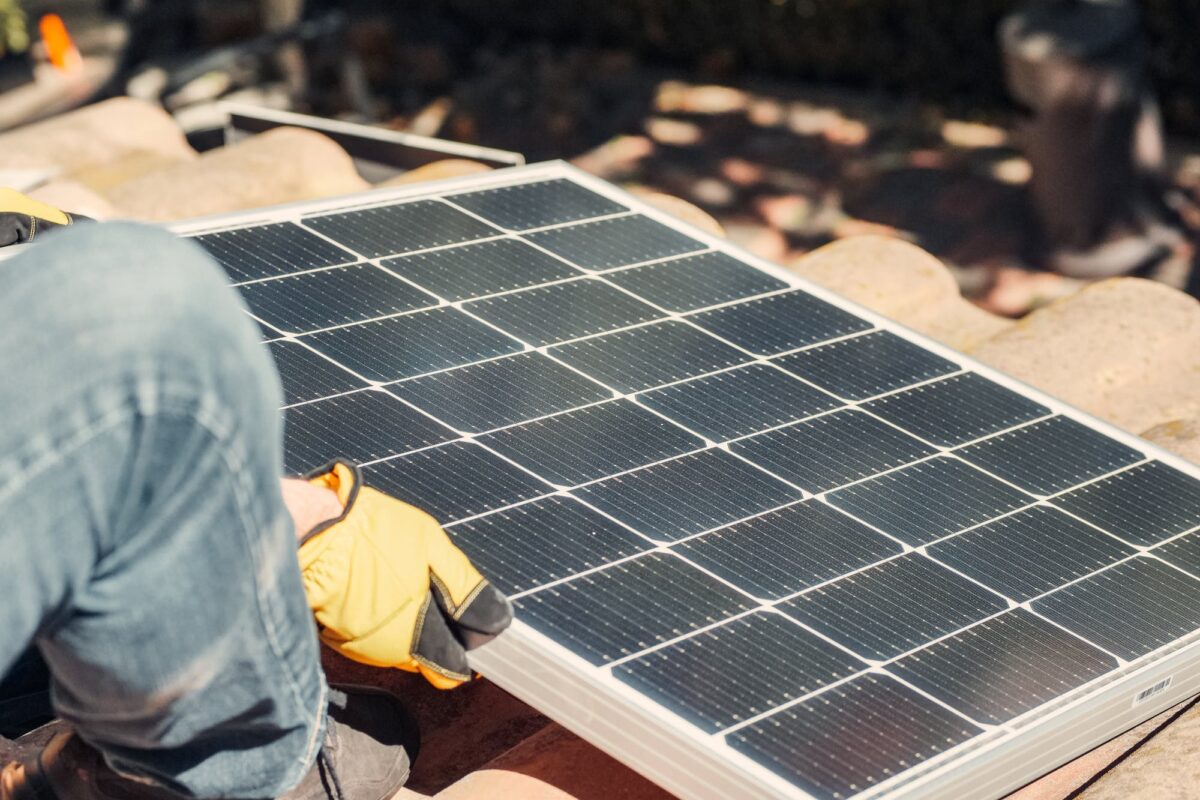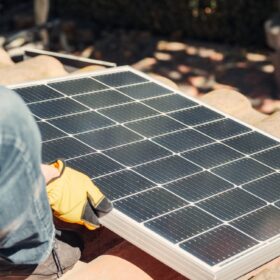The 76.5 MW Farmington solar project in Maine has entered service, and will supply power to five New England colleges as part of a 20-year power purchase agreement.
The New England College Renewable Partnership (NECRP) said the project led to capital expenditures of around $150 million. It also will generate nearly $17 million in tax revenue over the next 30 years.
A unit of NextEra Energy Resources built the facility, and Competitive Energy Services operated as advisor to the colleges.
The contract locks in the price of electricity supplied to the schools, offering savings and predictability for budgeting. Amherst, Bowdoin, Hampshire, Smith, and Williams each sourced a portion of the project’s total generation.

Image: Bowdoin
Image: Bowdoin
Bowdoin College signed up for 5% of the total production, and targets 100% renewable energy to power campus-wide operations by the end of 2023.
Bowdoin has a relatively long history of investing in solar. Its first project developed in 2014 with Solar City was at the time the largest rooftop installation in the state of Maine. The college’s renewable energy push is in conjunction with a longer-term goal of electrifying the campus’s heating load.
Larger projects like this 490-acre facility, which offer lower prices due to economies of scale, are otherwise too large to source by smaller colleges. The NECRP potentially presents a workable model for further solar collaboration in the educational and institutional space.
The approach mirrors the corporate world’s adoption of solar, where companies also sign power purchase agreements on large-scale off-site facilities.
For example, McDonald’s and eBay signed up to buy energy from the 345 MW Ventress solar project in Louisiana this past August. McDonald’s aims for a 31% reduction in emissions intensity per metric ton of food and packaging across its supply chain by 2030 from 2015 levels. eBay, meanwhile, is working towards achieving 100% renewable energy-powered operations by 2025.
This content is protected by copyright and may not be reused. If you want to cooperate with us and would like to reuse some of our content, please contact: editors@pv-magazine.com.









I do hope that there was no farmland paved over with solar panels, trees cut, or transmission corridors used in this project. I hear that people in Maine vote against these things…………..